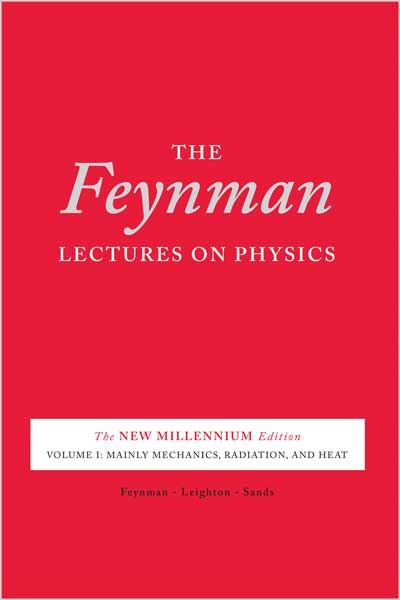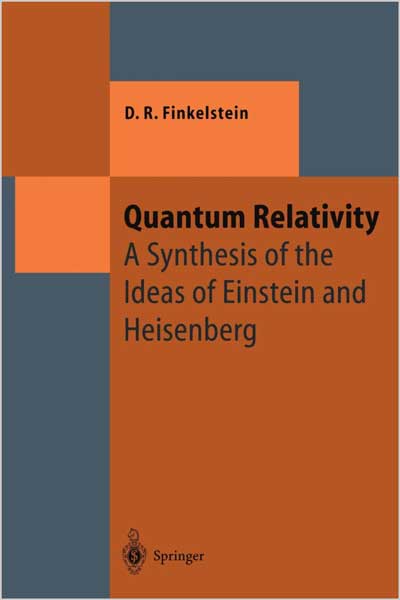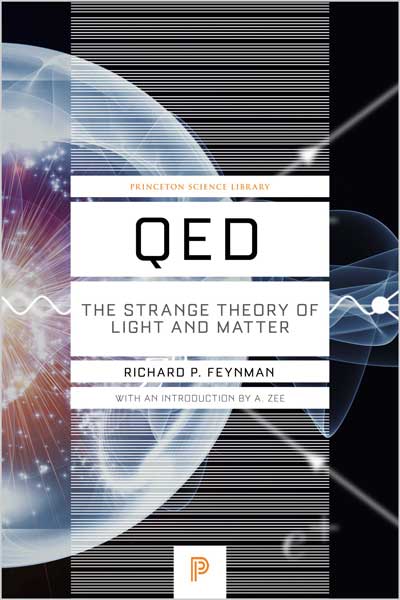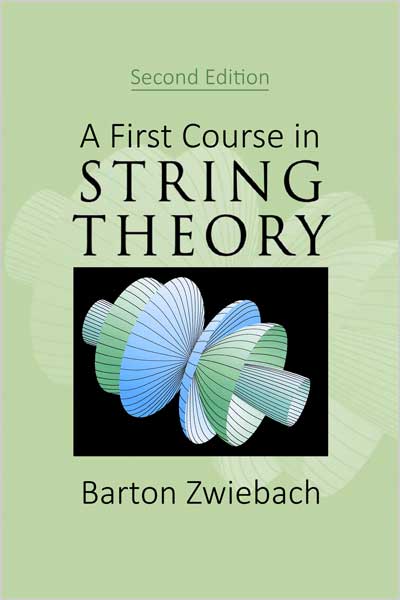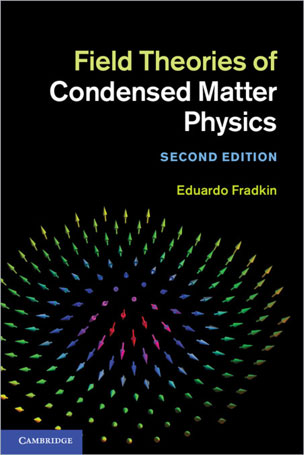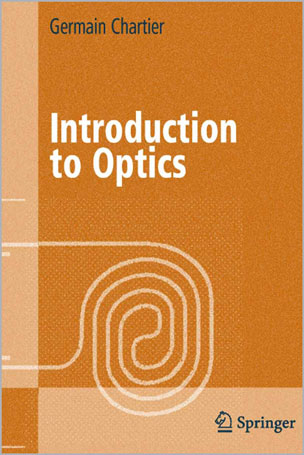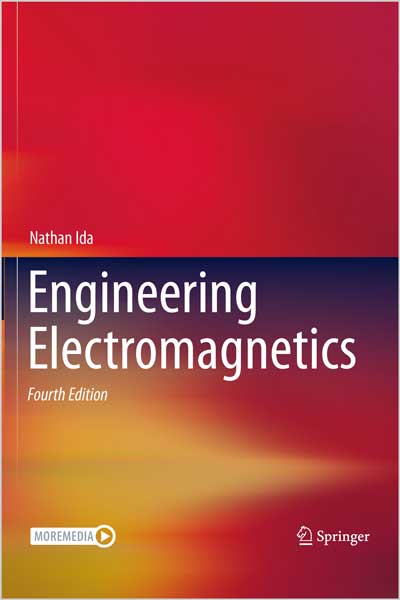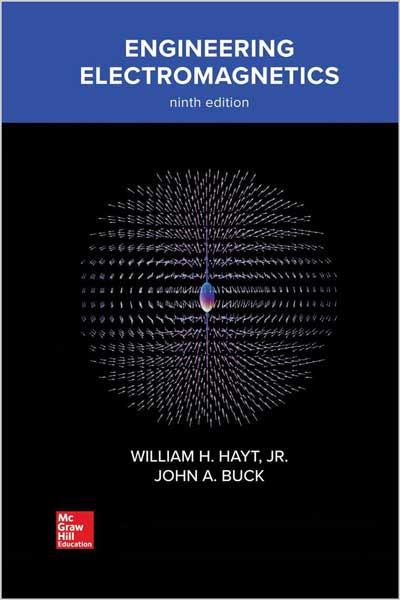Steven Weinberg
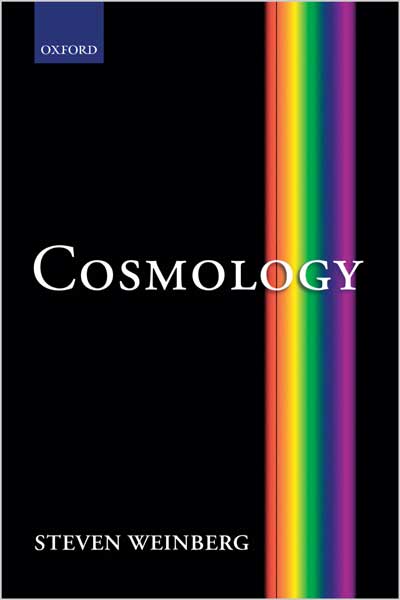
#Cosmology
#general_relativity
#Nobel
This book is unique in the detailed, self-contained, and comprehensive treatment that it gives to the ideas and formulas that are used and tested in modern cosmological research. It divides into two parts, each of which provides enough material for a one-semester graduate course. The first part deals chiefly with the isotropic and homogeneous average universe; the second part concentrates on the departures from the average universe. Throughout the book the author presents detailed analytic calculations of cosmological phenomena, rather than just report results obtained elsewhere by numerical computation. The book is up to date, and gives detailed accounts of topics such as recombination, microwave background polarization, leptogenesis, gravitational lensing, structure formation, and multifield inflation, that are usually treated superficially if at all in treatises on cosmology. Copious references to current research literature are supplied. Appendices include a brief
introduction to general relativity, and a detailed derivation of the Boltzmann equation for photons and neutrinos used in calculations of cosmological evolution. Also provided is an assortment of problems.
Review
"A technical tour de force for the intrepid graduate student, Weinberg's new book will greatly appeal to particle physicists tooling up in cosmology and be an indispensable source for the practitioner."--Physics Today
"A monumental book written by a leading authority in particle physics and cosmology. Since publication of Weinberg's famous book Gravitation and Cosmology 35 years ago, there has been a real revolution both in cosmological theory and observations. A major effort of a great expert has been required to summarize the main developments in one book, and to make this presentation both highly accurate and accessible. This book will be greatly appreciated by a broad readership, ranging from students who just enter the field to experts in modern cosmology. It should be on the desk of every actively working cosmologist."--Andrei Linde, Stanford University
"Time is right for a survey of the physics of what has become a large and well-developed subject. Weinberg has done it, in an impressive fashion. He presents a full and careful assessment of the broad range of physics of modern cosmology, from the tools for measurements of the structure and evolution of the universe we see around us to the puzzles of dark matter and dark energy and the ideas about what the universe was like in the remote past, before it could have been described by the well-tested part of the theory."--Jim Peebles, Princeton University
"This book tackles the main events of today's cosmology: cosmic acceleration observed with supernovae, the exquisite structure of the cosmic microwave background, and the evidence for dark matter. Weinberg pays close attention to the historical development and summarizes the observations with care. He brings deep knowledge of the underlying physics and weaves these threads together into a rich text that will be of great value to astronomers and physicists. The first half of this book is a wonderful introduction to cosmology, suitable for a graduate course or for someone coming into the field from a neighboring region of the scientific forest. The second half is an original development of the theory for the growth of inhomogeneities in the Universe. Everyone who works on cosmology will find something to learn in this book.--Robert P. Kirshner, Harvard University
"The result is a tour de force that even established cosmologists will learn from." - Peter Coles, Science
"Nobel laureate, Steven Weinberg, is known not only for his exceptional contribution to modern physics, but also for his incomparable pen...With his unsurpassed ability to explain even the most difficult mathematical and conceptual steps with a few strokes of his pen, Weinberg takes the reader from the basics of cosmological kinetics and dynamics...to advanced topics."--Mathematical Reviews
About the Author
Professor Steven Weinberg
Jack S. Josey-Welch Foundation Chair in Science and Regental Professor and Director, Theory Research Group
Department of Physics
University of Texas at Austin
Nobel Prize in Physics, 1979
National Medal of Science, 1991
Benjamin Franklin Prize, American Philosophical Society, 2004
Member, U. S. National Academy of Sciences
Foreign Member, Royal Society of London
Honorary Member, Royal Irish Academy
Member, American Philosophical Society
Fellow, American Academy of Arts and Sciences
J. Robert Oppenheimer Prize, 1973
Dannie Heineman Prize for Mathematical Physics, 1977 Earned degrees
A.B., Cornell University, 1954
Ph.D., Princeton University, 1957
Honorary degrees
Harvard University, A.M., 1973
Knox College, D.Sc., 1978
University of Chicago, Sc.D., 1978
University of Rochester, Sc.D., l979
Yale University, Sc.D., 1979
City University of New York,Sc.D., 1980
Clark University, Sc.D., 1982
Dartmouth College, Sc.D., 1984
Weizmann Institute, Ph.D. Hon.Caus., 1985
Washington College, D.Litt., 1985
Columbia University, Sc.D., 1990
University of Salamanca, Sc.D., 1992
University of Padua, Ph.D. Hon.Caus., 1992
University of Barcelona, Sc.D., 1996
Bates College, Sc. D., 2002
McGill University, Sc. D., 2003
University of Waterloo, Sc. D., 2004
Steven Weinberg (born May 3, 1933) is an American theoretical physicist and Nobel laureate in Physics for his contributions with Abdus Salam and Sheldon Glashow to the unification of the weak force and electromagnetic interaction between elementary particles.
He holds the Josey Regental Chair in Science at the University of Texas at Austin, where he is a member of the Physics and Astronomy Departments. His research on elementary particles and cosmology has been honored with numerous prizes and awards, including in 1979 the Nobel Prize in Physics and in 1991 the National Medal of Science. In 2004 he received the Benjamin Franklin Medal of the American Philosophical Society, with a citation that said he is "considered by many to be the preeminent theoretical physicist alive in the world today." He has been elected to the US National Academy of Sciences and Britain's Royal Society, as well as to the American Philosophical Society and the American Academy of Arts and Sciences.
Weinberg's articles on various subjects occasionally appear in The New York Review of Books and other periodicals. He has served as consultant at the U. S. Arms Control and Disarmament Agency, President of the Philosophical Society of Texas, and member of the Board of Editors of Daedalus magazine, the Council of Scholars of the Library of Congress, the JASON group of defence consultants, and many other boards and committees.
Bio from Wikipedia, the free encyclopedia. Photo by Larry D. Moore [CC BY-SA 3.0 (http://creativecommons.org/licenses/by-sa/3.0) or GFDL (http://www.gnu.org/copyleft/fdl.html)], via Wikimedia Commons.

